41 how thick is drywall
• Thickness: Drywall panels usually come in four different thicknesses: 1/4", 3/8", 1/2" and 5/8". 1/2" drywall sheets are the standard for residential interior walls. 3/8" is another popular thickness that's mostly used for repair purposes. 1/4" isn't a common thickness, but it can be used to install drywall over slightly ... 1/2-inch drywall is the most common drywall thickness. You can use this type of drywall for the vast majority of projects, including on walls and ceilings, although it's a little too thick for most curved walls. 1/2-inch drywall is also available in the widest range of lengths and widths, including both standard and alternative drywall sizes.
The question "how thick is drywall?" becomes a deciding factor when choosing soundproof and fireproof drywall. The 5/8 inch, the thickest drywall in the market, is the best option for your requirements. It is understandable why many people are keen on using 5/8 inch fire-resistant.

How thick is drywall
Most drywall measures 1/2-inch thickness, which is the most common for interior walls. This is because they are easy to carry and hang, unlike other types of thickness. What sizes does drywall come with? The standard size of drywall includes 8, 9, 10, 12, 14, and 16 feet. Answer (1 of 18): Depends on the framing and drywall hanging workmanship and the joint being coated. Bad framing will negatively affect the drywall and make the taper apply more mud and have to fine tune all the errors or deficiencies. Butt joints require more mud in width above the surface than ... How Thick to Apply Drywall Mud? When applying joint compound, you normally have to make sure that the layer is not too thick. Up to twelve centimeters is usually fine, however, the most common average thickness is about a quarter of an inch.
How thick is drywall. It is manufactured in thicknesses of 10 mm, 13 mm, and 16 mm, and sometimes other thicknesses up to 25 mm. Panels are commonly sold in 1200 × 2400 mm, 1200 × 4800 mm, and 1200 × 6000 mm sheets. Sheets are usually secured to either timber or cold-formed steel frames anywhere from 150 to 300 mm centres along the beam and 400 to 600 mm across members. 1/4 x 4 x 8 Standard Drywall. Click to add item "1/4 x 4 x 8 Standard Drywall" to the compare list. Compare. Click to add item "1/4 x 4 x 8 Standard Drywall" to the compare list. Add To List. Click to add item 1/4 x 4 x 8 Standard Drywall to your list. Sku # 1311196. $15.28 each. Regarding this, how thick should drywall mud be applied? Start by laying a thick bed of joint compound down the center of the seam. Then smooth it down to a consistent thickness of about 1/8 in. with your 5- or 6-in. taping knife. Secondly, is mesh or paper tape better for drywall? How thick is my drywall? The most common thickness of drywall used in residential interior construction is 1/2 inch. This material is recommended for walls with studs placed 16 inches on center. Is ceiling drywall different from wall drywall? Fire Resistant: This drywall has extra properties that help make it resistant to fires.
Ceiling Drywall Thickness and Width. The panels of drywall usually come in 4-foot-wide sections, which can be cut to suit the dimensions of the space you're finishing. For residential spaces, drywall panels can be 3/8 inch thick, a quarter-inch thick, or half an inch thick. Some types of drywall can be as thick as 5/8 inch. Thickness of Ceiling Drywall The correct thickness for ceiling drywall is ½ inch (12.7mm). ½ inch-thick drywall panels are recommended because they are easy to carry and hang on ceiling rafters during installation. You can also use the much lighter half-inch boards that weigh 54.4lbs as they are more suited for ceilings. Drywall Dimensions and Thickness. Drywall dimensions are pretty standard, which makes all of this a bit easier. The boards are almost always 4 feet wide and can vary in length, according to the height of your walls. So expect to see a lot of 4 x 8 drywall, and even ones that are 9, 10, 12, and even 16 feet long. Drywall Thickness Common drywall thicknesses are 1/4-inch, 1/2-inch, and 5/8-inch. Building codes do have some requirements when it comes to the thickness of drywall panels. The thickness required for each application is dictated by the building code. 1/4-Inch-Thick Drywall
The varying thickness caters to the different needs in the basement. Thick drywalls have extra features like insulation, moisture, and fire resistance. Also, with the right drywall thickness, you can soundproof your basement. Here is a list of the standard thickness of drywall: 1/2 -inch—This is the standard thickness for residences. You can ... Drywall is sold in several standard thicknesses: 1/4-inch (6.35mm) 3/8-inch (9.52mm) 1/2-inch (12.7mm) Likewise, how thick is an interior wall? Most interior walls are constructed with 2-by-4 framing, and each 2-by-4 has a nominal width of 3 1/2 inches. Mounting on unusually thick drywall. I'm attempting to hang some home made shelves in my kitchen and I've found the drywall to be unusually thick. Approximately 2 inches thick. It's so thick that toggle bolts don't have enough room to open behind the drywall so I picked up some anchors. This type of drywall can be used with both wooden and steel beaming and is considered the standard thickness of drywall by those in the industry. Just like ¼ inch thick drywall, this drywall thickness can also be used on ceilings and to cover existing surfaces if need be.
The most common thickness of drywall used in residential interior construction is 1/2 inch. This material is recommended for walls with studs placed 16 inches on center. If the wall studs are placed 24 inches on center, a 5/8-inch drywall is recommended.
With the help of ¼ inch drywall, the curved surfaces bring about a soft, innovative and aesthetic look. 3/8 Inch. This number used to be the standard thickness of drywall a couple of decades ago until it was taken over by ½ inch. Nowadays, 3/8-inch-thick is commonly in use for repair purposes.
Most drywall measures 1/2-inch thick. It's the most common choice for interior walls because they are easy to carry and hang. If weight is a concern, consider ultra-light half-inch drywall. It's 13 pounds lighter than other varieties for the same size and thickness. 5/8-Inch Drywall:
Answer (1 of 11): I hang and finish a lot of drywall….and I wouldn't consider using anything but 5/8 inch for anything, if you want it to turn out straight. Not ceilings, not walls, not 12 inch, 16 inch, or 24 inch centers. Not wood studs, metal studs, or even furring on CMU walls. Building codes...
Drywall Thickness Panels are available in four drywall thicknesses—5/8-in., 1/2-in., 3/8-in., and 1/4-in. (above are all 5/8-in.). Each drywall thickness has specific applications and framing requirement. The 3/8-in. and 1/4-in. panels are only available in shorter lengths.
Drywall Sizes: 4' x 8', 9', 10', 12' and 14' Sheets - This thickness of drywall comes in several standard lengths. It can also be ordered in special lengths (quantity restrictions apply). 5/8" Drywall now comes in a 'Light Weight' version from most manufacturers. The light weight product can be 25% to 30% light than the standard version.
1/2 - Inch (12.7mm): ½- inch drywall thickness is the standard drywall type for most homes, and it is available in a variety of lengths. It is ideal for walls and ceilings and can be used with wood and steel frames. 5/8 - Inch (15.9mm): the 5/8-inch drywall is the thickest option, suitable for commercial projects.
Quarter-inch drywall is often used to cover damaged plaster walls and also for curved areas because it bends easier than thicker drywall. Then the 1/4-inch-thick drywall can be double layered to get to the conventional 1/2 inch thickness to match the rest of the wall. Quarter-inch and 5/8-inch drywall tend to be slightly more expensive than 1/2 ...
Fire-resistant drywall is slightly thicker at ⅝ inches, which will increase the overall width of the wall when applied to one or both sides of the wooden framing. Fire-resistant is most commonly used in garages but can be used elsewhere in the home. The bathroom is another part of the home where different thicknesses of drywall might be used.
Ultralight drywall is a generic term for a building material that is about 25 percent lighter than standard drywall. A panel of 1/2-inch thick ultralight drywall weighs 13 pounds less than standard 1/2-inch thick drywall sheets.
How Thick to Apply Drywall Mud? When applying joint compound, you normally have to make sure that the layer is not too thick. Up to twelve centimeters is usually fine, however, the most common average thickness is about a quarter of an inch.
Answer (1 of 18): Depends on the framing and drywall hanging workmanship and the joint being coated. Bad framing will negatively affect the drywall and make the taper apply more mud and have to fine tune all the errors or deficiencies. Butt joints require more mud in width above the surface than ...
Most drywall measures 1/2-inch thickness, which is the most common for interior walls. This is because they are easy to carry and hang, unlike other types of thickness. What sizes does drywall come with? The standard size of drywall includes 8, 9, 10, 12, 14, and 16 feet.

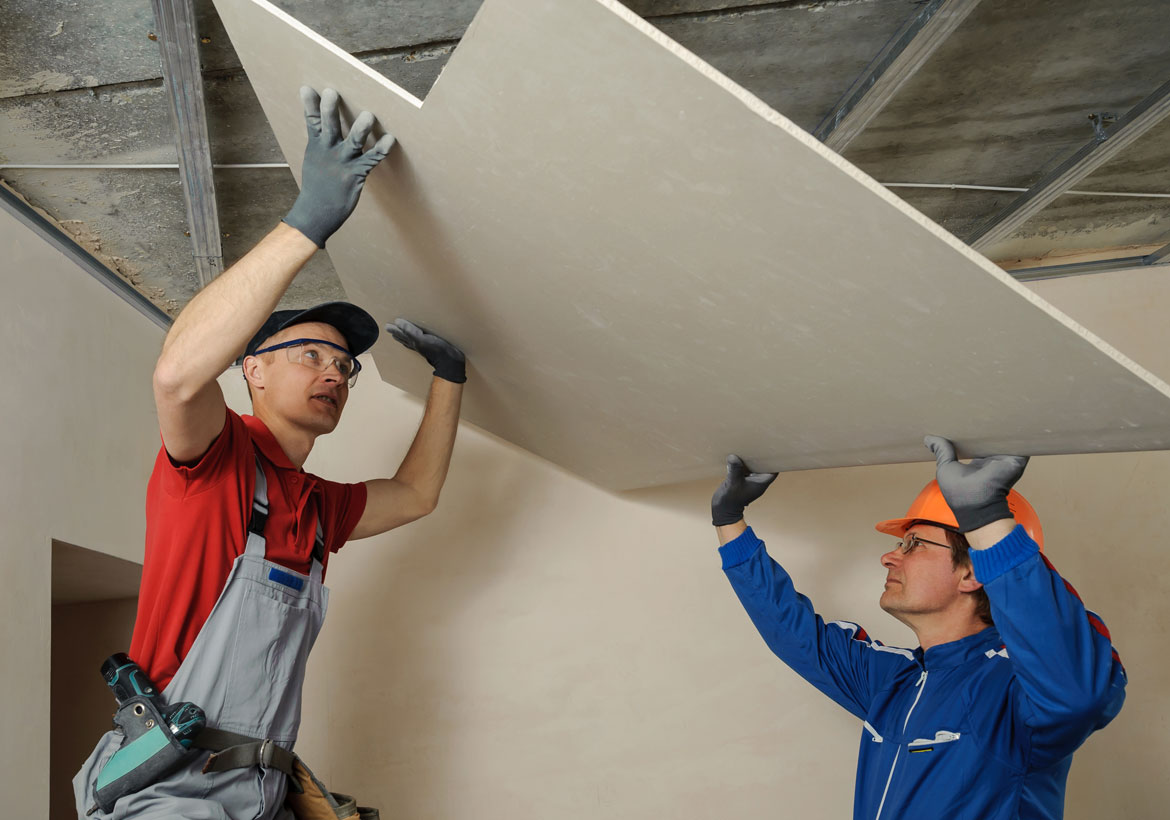
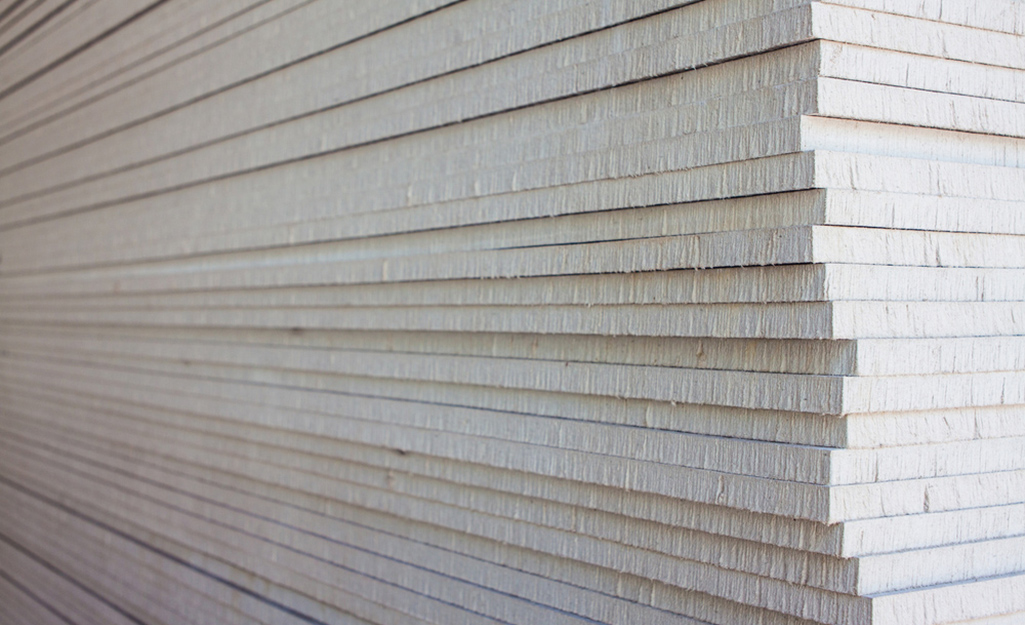
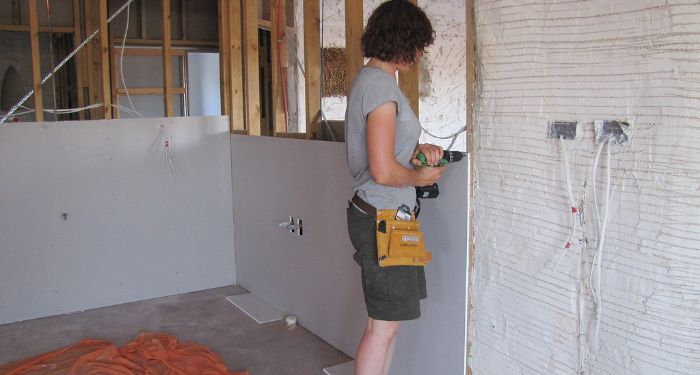

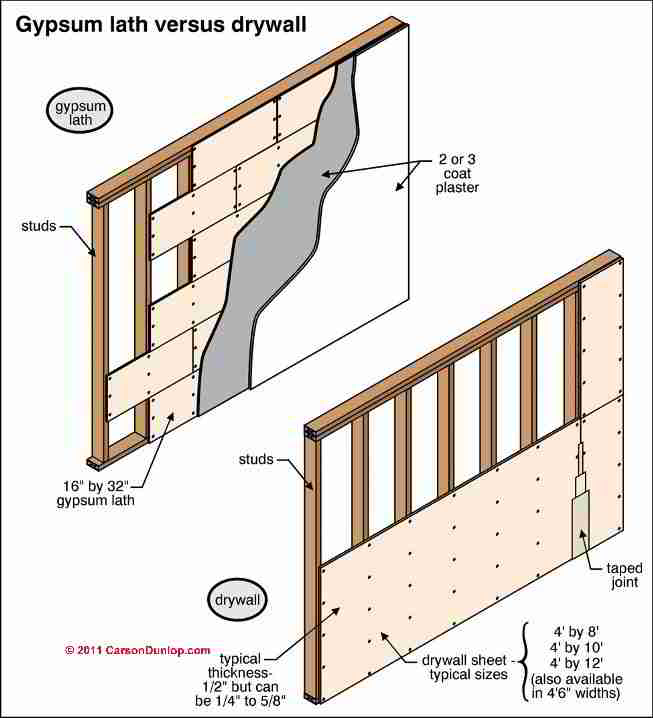
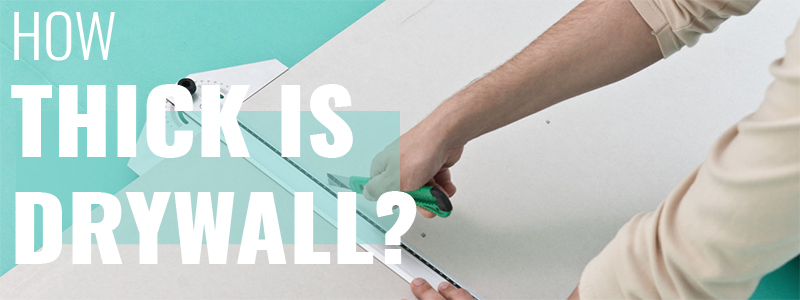


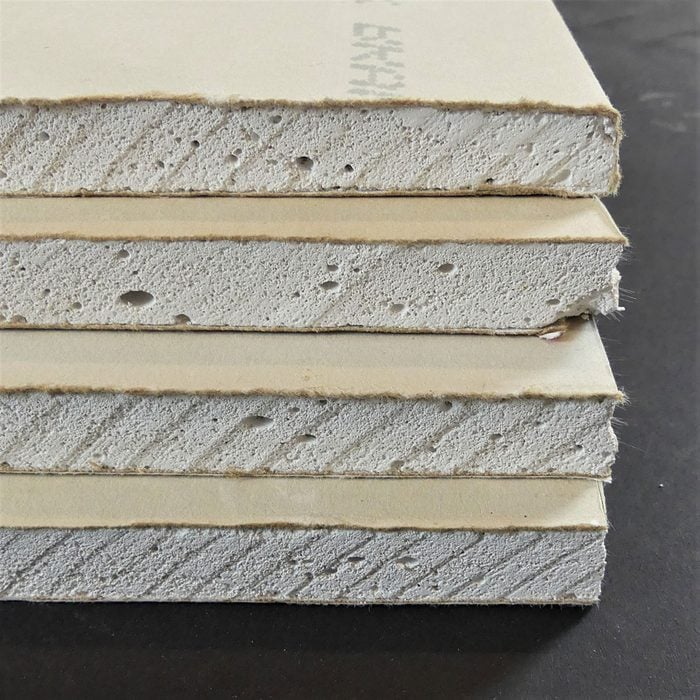

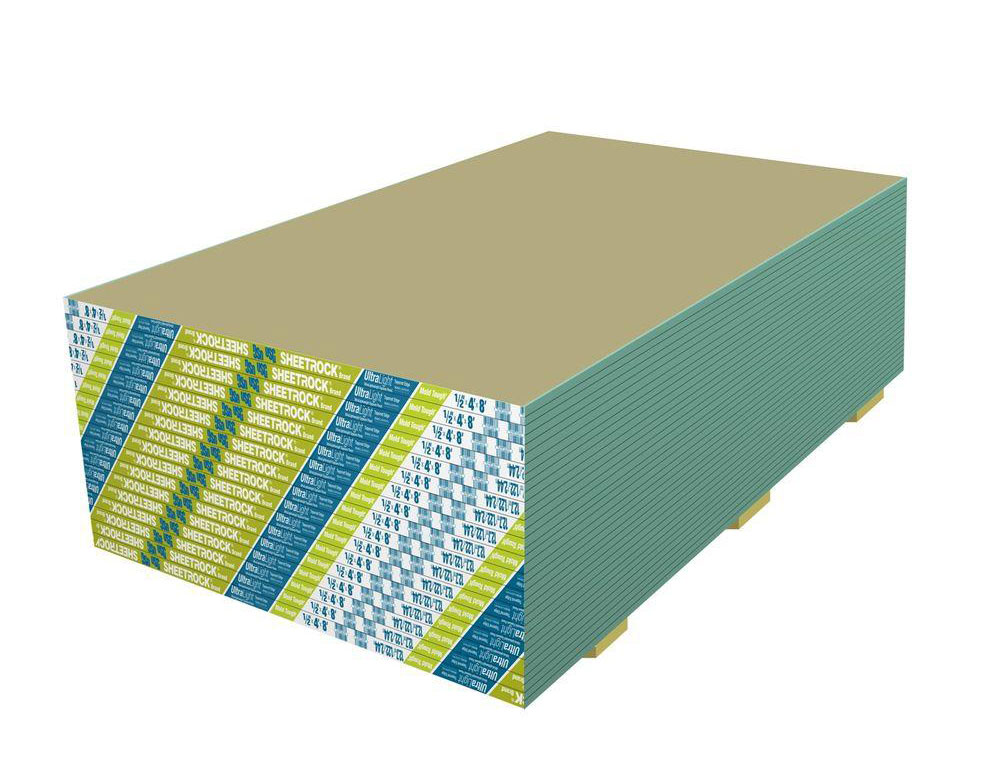
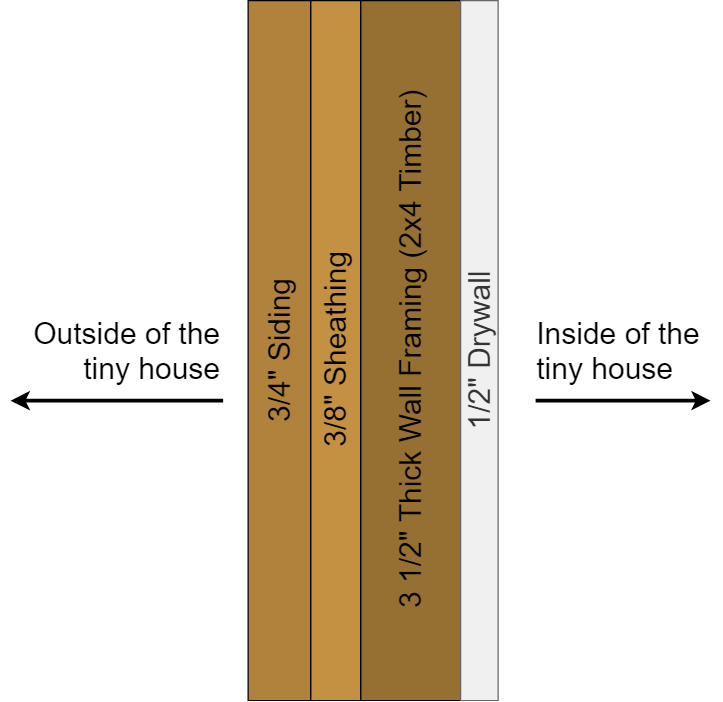
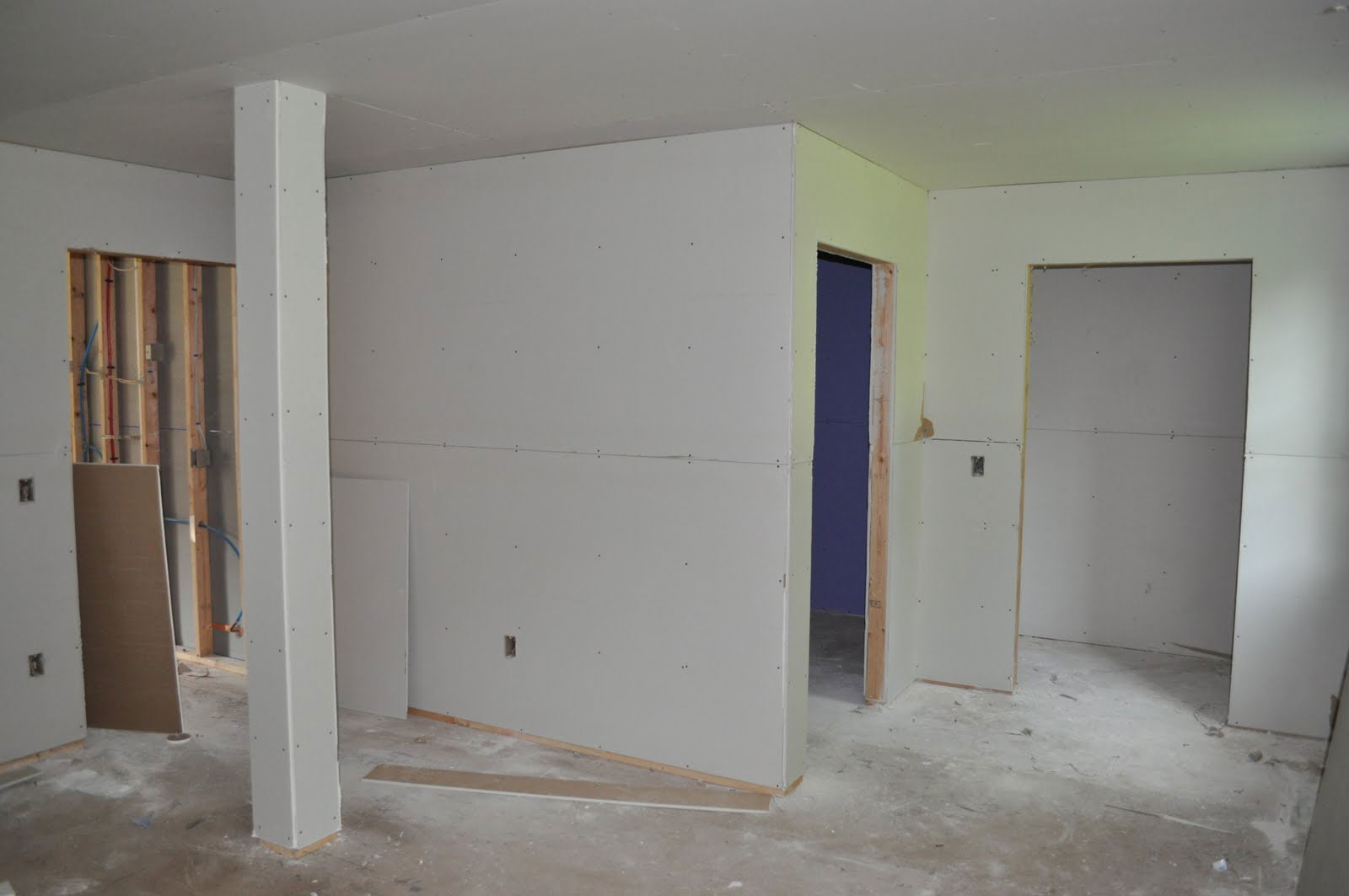
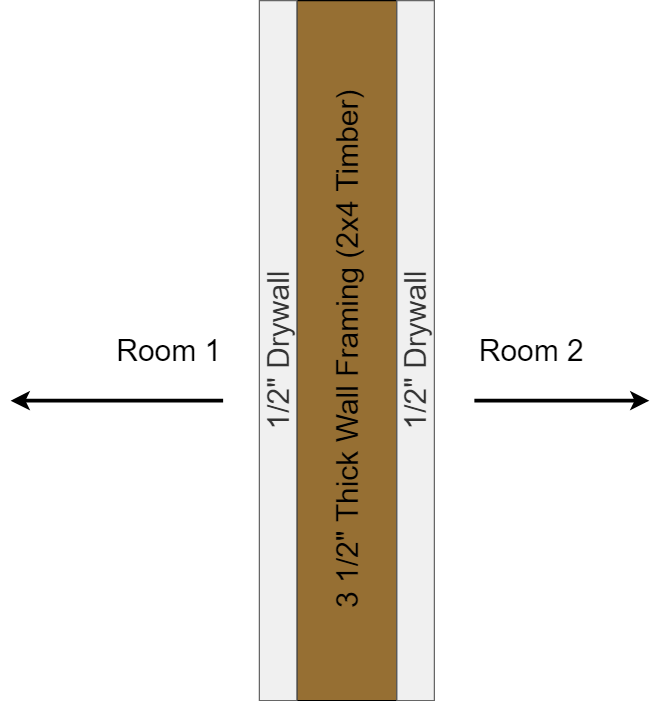


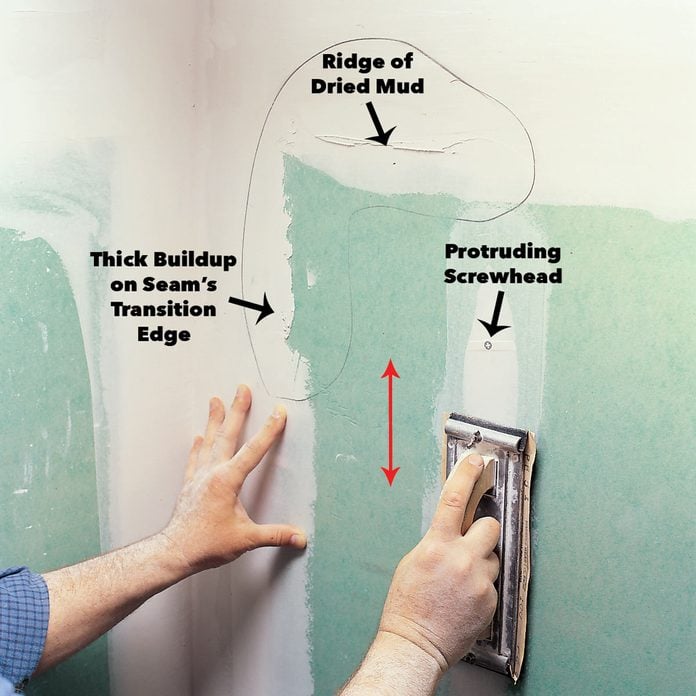

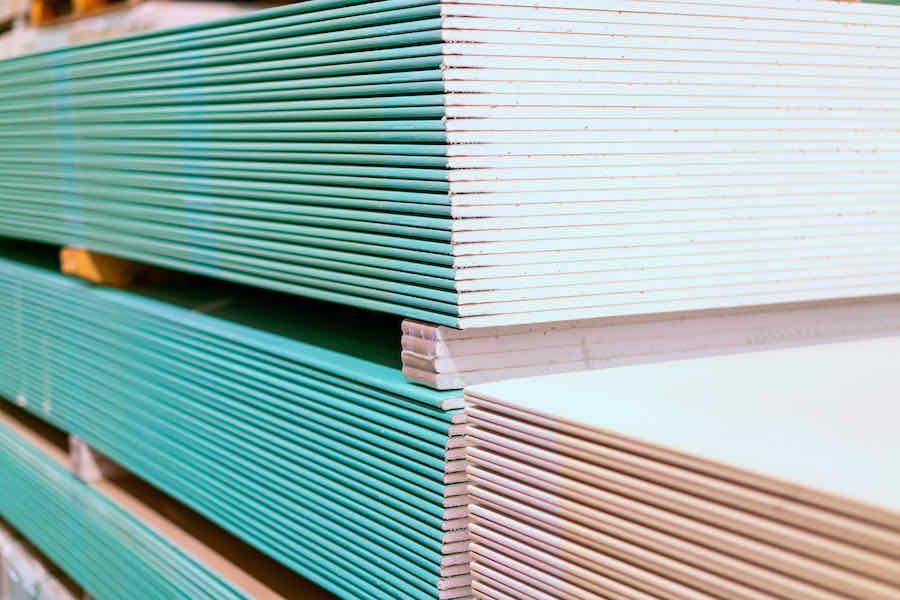
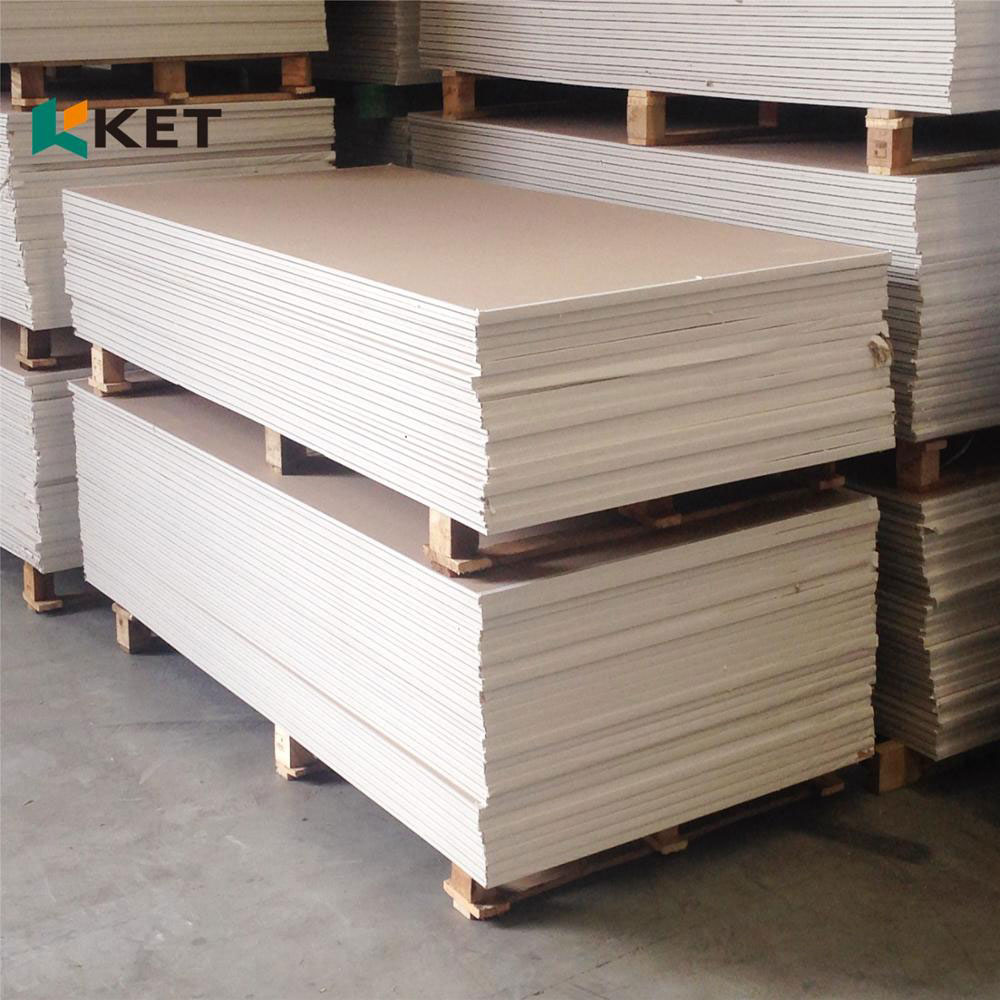




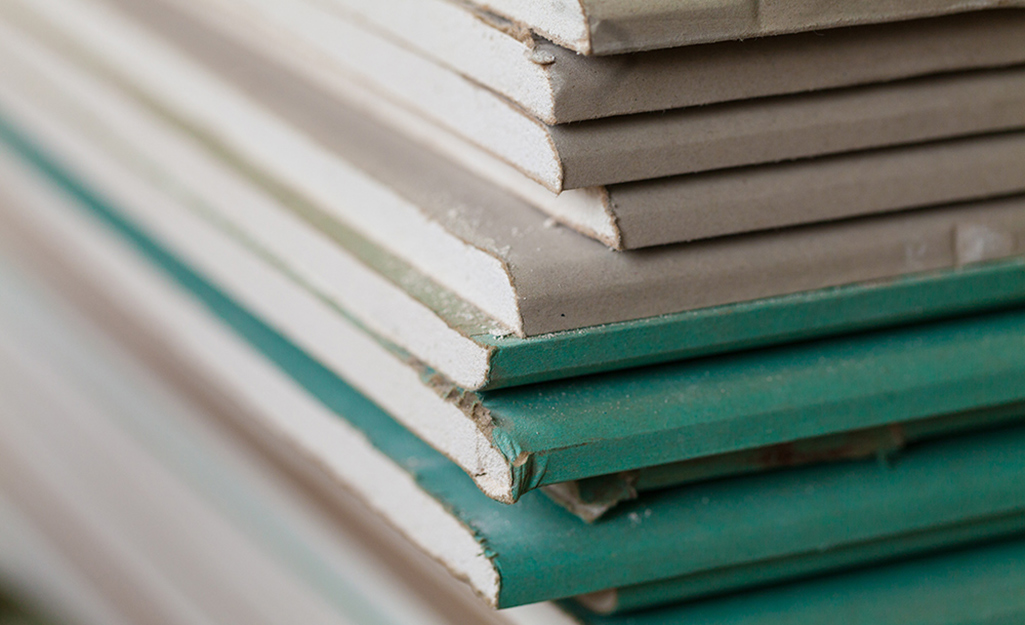
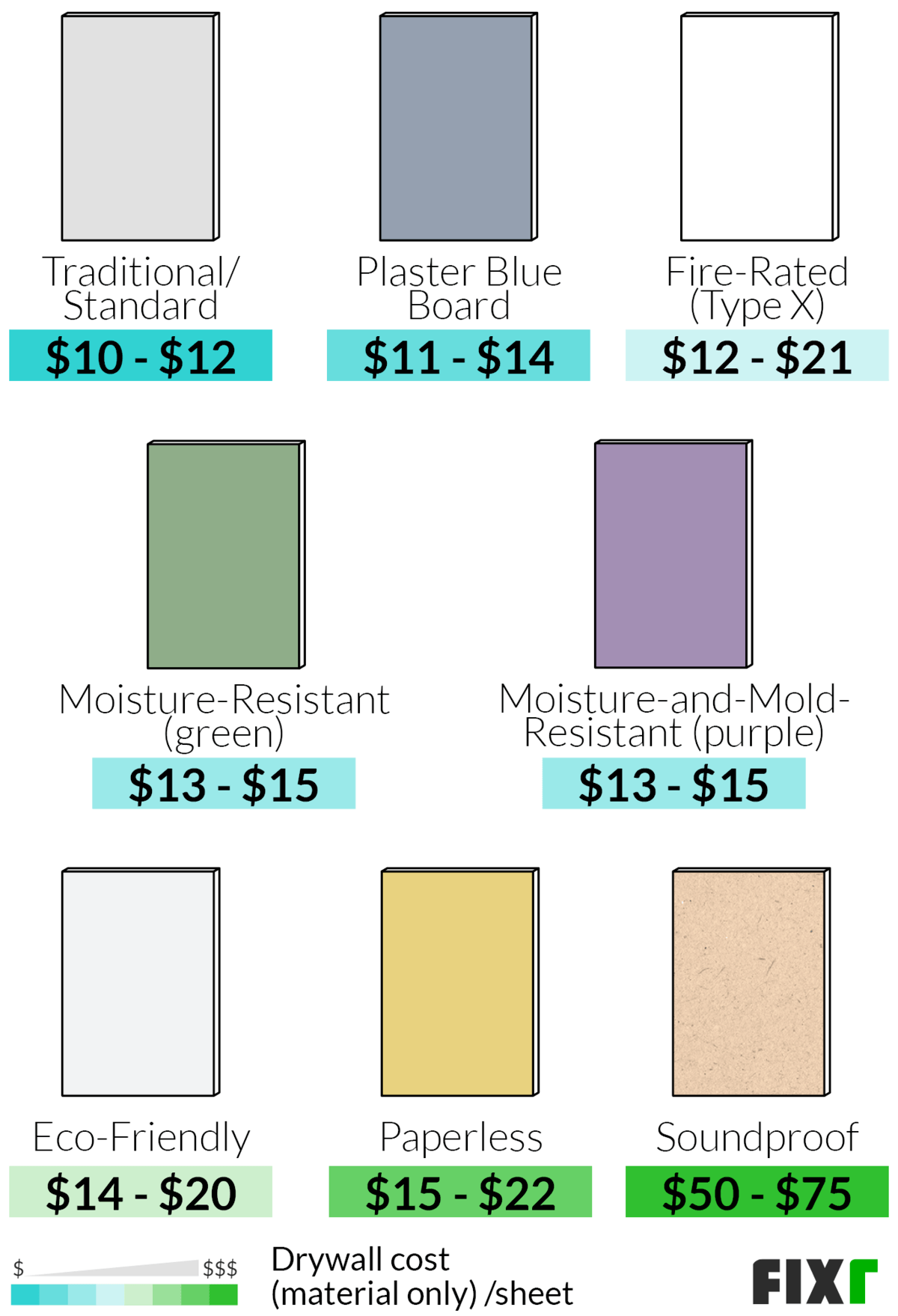
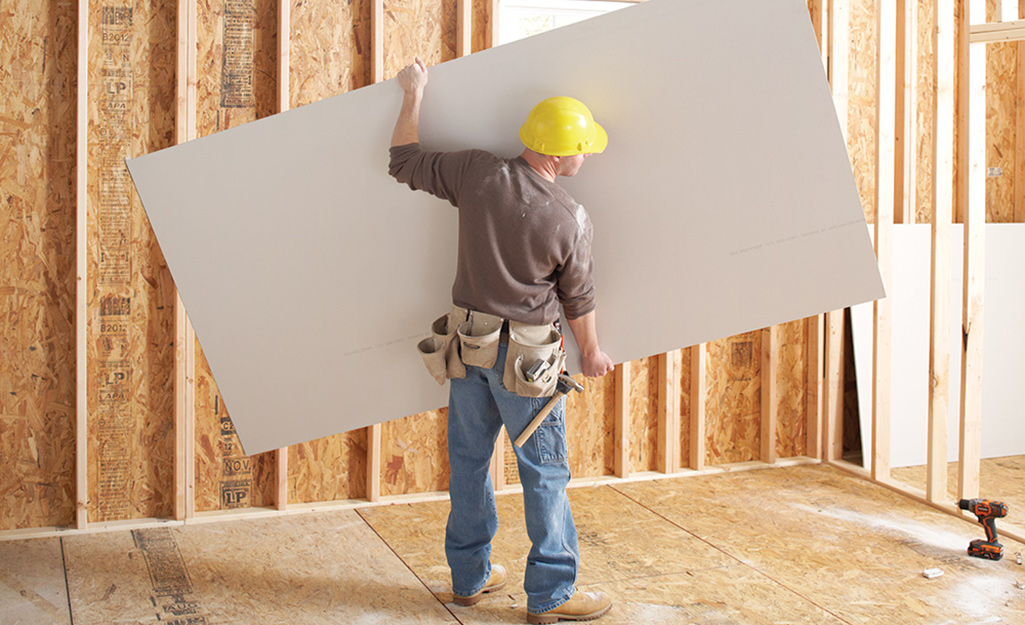
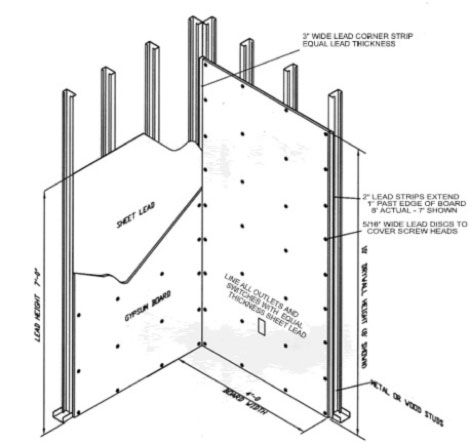
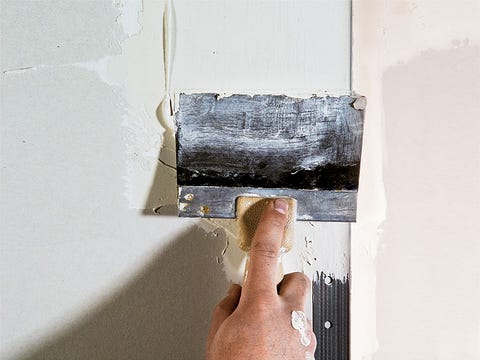
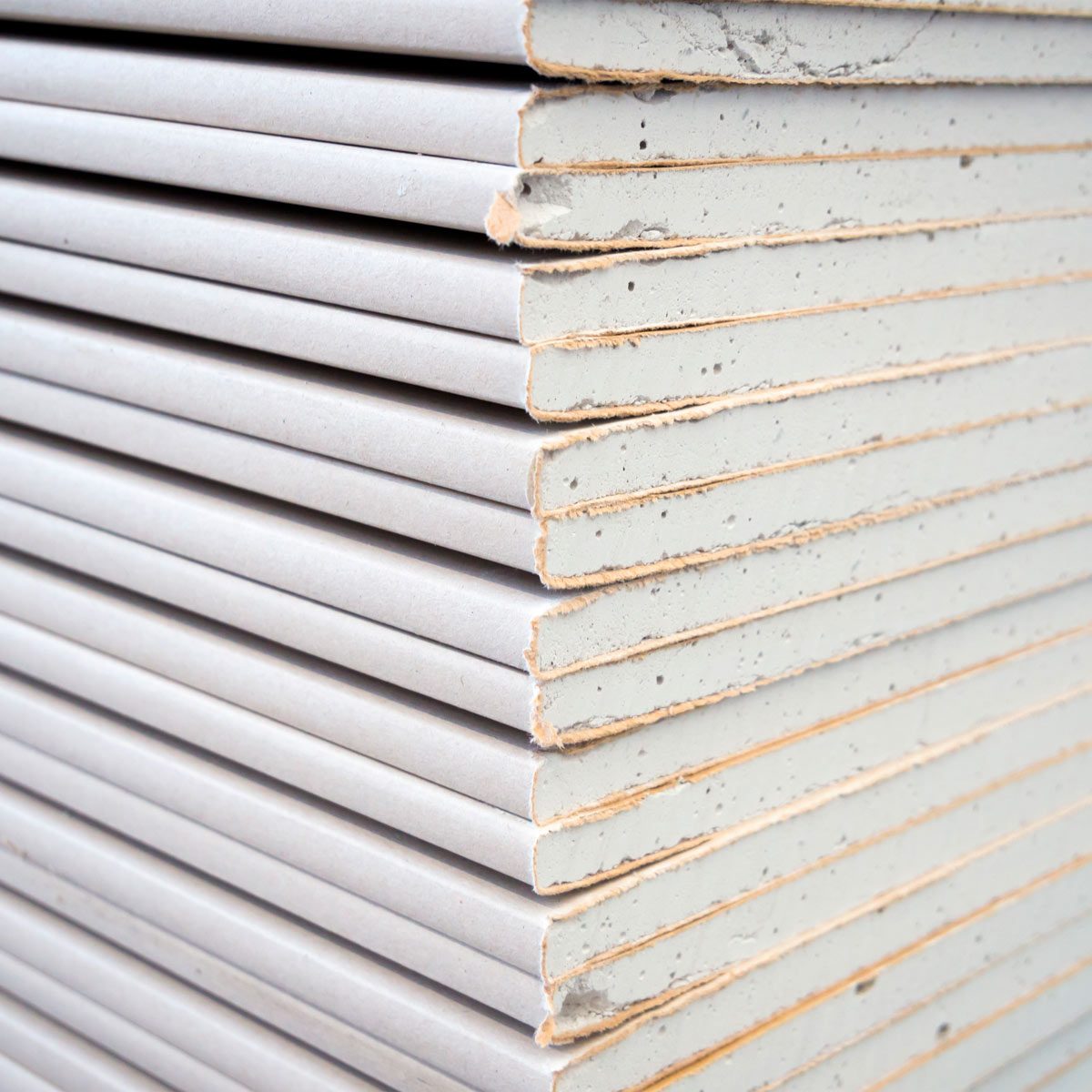

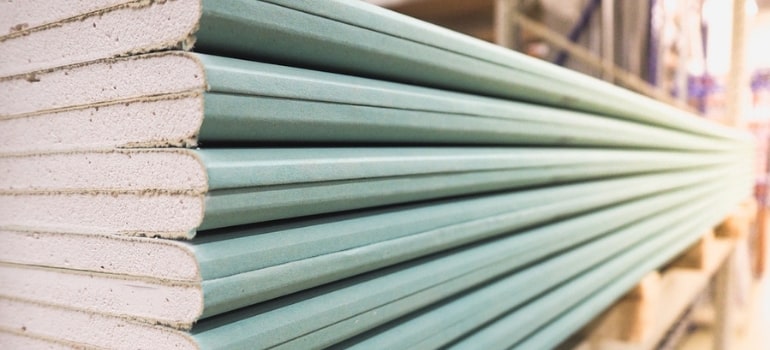
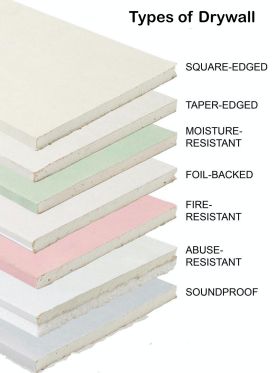

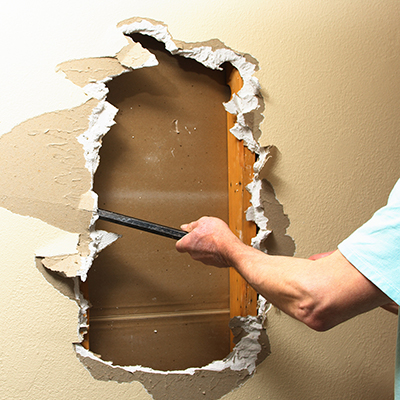
/96322279-56a49bcb5f9b58b7d0d7cba7.jpg)
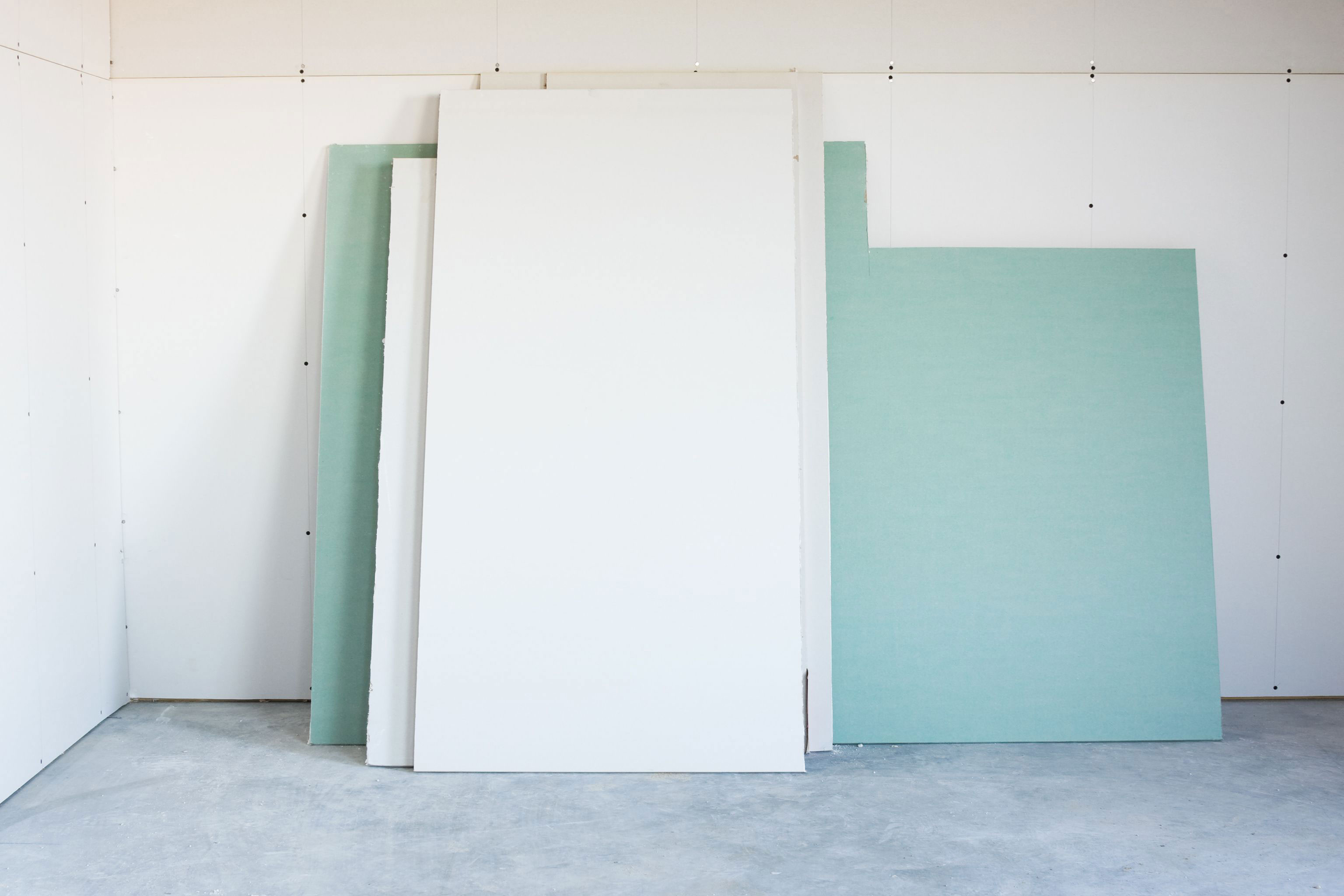

0 Response to "41 how thick is drywall"
Post a Comment